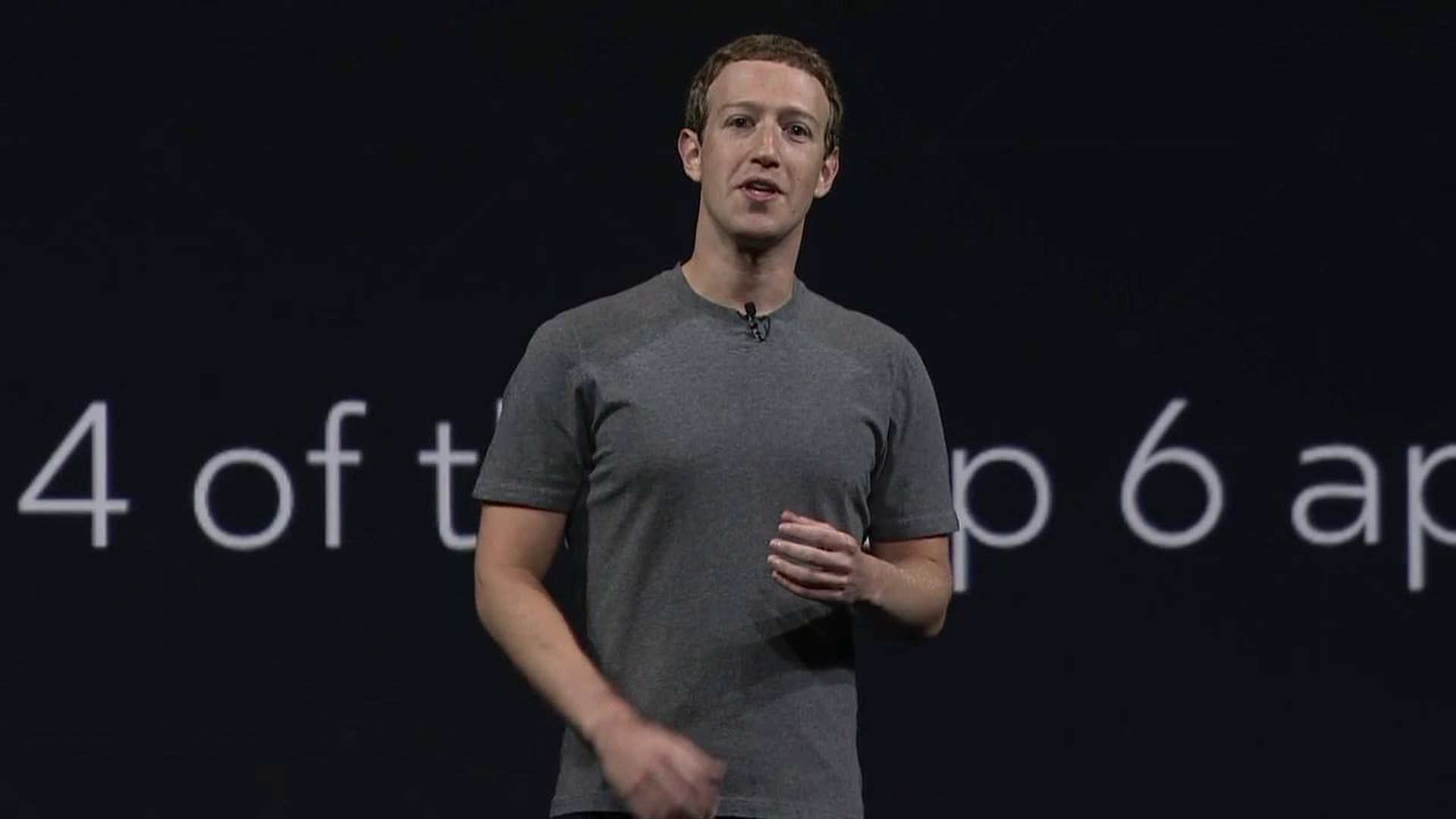Meta, censorship, and politics: Mark Zuckerberg’s revelations

Meta CEO Mark Zuckerberg has brought to light the alleged censorship exerted by the U.S. government regarding content moderation during the COVID-19 pandemic. The tech mogul’s statements, contained within a letter addressed to the U.S. House of Representatives’ Judiciary Committee, have ignited discussions concerning the influence of politics on social media content policies.
Meta CEO’s censorship claimsZuckerberg’s letter explicitly details interactions with the Biden Administration during 2021. He states, “In 2021, senior officials from the Biden Administration, including the White House, repeatedly pressured our teams for months to censor certain COVID-19 content, including humor and satire.” The Meta CEO expressed regret over the company’s decision to yield to this pressure, emphasizing that the government’s intervention was inappropriate.
BREAKING: Mark Zuckerberg just admitted to working with Biden/Harris admin to censor Americans.
He either admitted to this because:
1. He’s being honorable
2. He’s done with the Dem party
3. He’s getting ahead of a whistleblower
Either way this is a VERY HARD letter to write. pic.twitter.com/y64cOQjY15
— Patrick Bet-David (@patrickbetdavid) August 27, 2024
The discourse around social media content moderation is not new. Platforms like Facebook have frequently been criticized for how they handle misinformation and the balance they strike between free expression and public safety. Throughout the pandemic, Facebook removed over 20 million posts that were judged to contain harmful misinformation about COVID-19. This action has been part of a broader contention over the role social media companies should play in regulating user content.
Mark Zuckerberg highlights political pressureAdding to the controversy, Zuckerberg also touched on past actions concerning political content, specifically referencing the company’s handling of a New York Post article about Hunter Biden prior to the 2020 U.S. presidential election. Initially, Facebook had demoted the visibility of this story following warnings from the FBI about potential Russian disinformation. Zuckerberg now regrets this decision, stating, “It’s since been made clear that the reporting was not Russian disinformation, and in retrospect, we shouldn’t have demoted the story.”
 Meta CEO Mark Zuckerberg has brought to light the alleged censorship exerted by the U.S. government regarding content moderation (Image credit)
Meta CEO Mark Zuckerberg has brought to light the alleged censorship exerted by the U.S. government regarding content moderation (Image credit)
This admission comes at a critical time as the U.S. gears up for another presidential election, with debates intensifying around the neutrality of social media platforms. Zuckerberg has vowed to maintain a non-partisan stance, emphasizing, “My goal is to be neutral and not play a role one way or another—or to even appear to be playing a role.” He also declared his intention to abstain from making political contributions similar to those he made during the last election cycle, which some perceived as politically biased.
The response from political figures has been polarized. Ohio Representative Jim Jordan, a Republican, lauded Zuckerberg’s letter as a “big win for free speech.” He has been vocal about his belief that the Biden administration has unduly influenced social media platforms to suppress conservative viewpoints. The recent disclosures by Zuckerberg have provided him and like-minded individuals with additional ammunition in this ongoing debate.
Mark Zuckerberg just admitted three things:
1. Biden-Harris Admin "pressured" Facebook to censor Americans.
2. Facebook censored Americans.
3. Facebook throttled the Hunter Biden laptop story.
Big win for free speech. pic.twitter.com/ALlbZd9l6K
— House Judiciary GOP 
